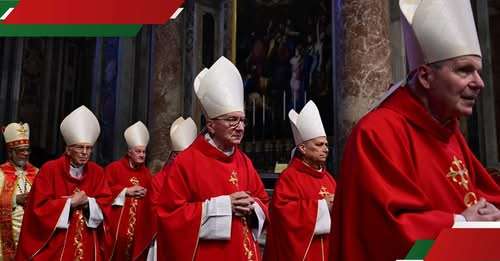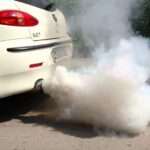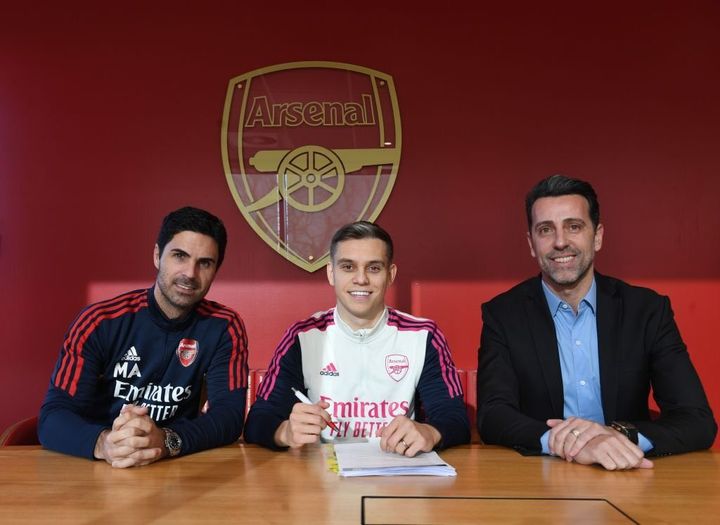Thick black smoke wafted from the chimney of the Sistine Chapel earlier today, signifying that the second day of the papal conclave has concluded without the election of a new Pope. The symbolic plume, observed by thousands gathered in St Peter’s Square and millions watching globally, means that no candidate has yet received the required majority to succeed the late Pope Francis.
To be elected, a candidate must receive a two-thirds majority of the vote—equating to at least 89 of the 133 ballots cast by eligible cardinal-electors in this year’s conclave. Despite expectations of a swift outcome, the initial rounds have so far failed to deliver a consensus.
The conclave, the centuries-old process used by the Catholic Church to elect a new pope, is conducted under strict secrecy within the Sistine Chapel. The process involves repeated rounds of voting, with ballots burned after each session. The smoke that emerges serves as a coded signal to the outside world: black for no decision, white for the joyous announcement of a new pontiff.
This year’s conclave comprises 133 cardinal-electors, of whom 113 are under the age of 80 and therefore eligible to be chosen as Pope. Notably, 17 of the voting cardinals are from Africa—one fewer than initially expected, due to the absence of a Kenyan elector. The continent, home to over a fifth of the world’s Catholic population, continues to play a growing role in the global Church.
Historically, there have been three African popes—all from North Africa—during the early centuries of Christianity: Pope Victor I, Pope Miltiades, and Pope Gelasius I, each of whom is recognised as a saint. Their papacies, which date back to the Roman Empire, are often cited in discussions about the potential for a non-European pope in the modern era.
Uptown Press Nigeria reports that both Pope Francis and his predecessor, Pope Benedict XVI, were elected on the second day of their respective conclaves. The failure to elect a pontiff today has therefore dampened hopes of an early decision, though it is by no means unusual for the process to extend beyond the first few rounds.
The election of the pope is starkly different from secular politics. There are no campaigns, manifestos, or lobbying. All cardinals under the age of 80 are considered potential candidates, and they vote in prayerful reflection and seclusion, seeking divine guidance rather than public approval.
The experience is physically and spiritually demanding. The cardinal-electors are expected to remain within the confines of the Apostolic Palace, and they participate in intense sessions of prayer and fasting until a decision is reached. In recognition of the rigour involved, cardinals aged over 80 are excluded from the conclave.
With Day 2 now concluded without a result, the world waits once more. All eyes will again turn to the chimney of the Sistine Chapel tomorrow morning, in the hope that white smoke might rise, announcing the election of the 267th Pope of the Roman Catholic Church.
Get a premium automobile insurance coverage for your vehicle for as low as #15000 only and claim up to #3,000,000 in damages @Zenith Insurance To signup: WhatsApp/Call: +2349028313757







